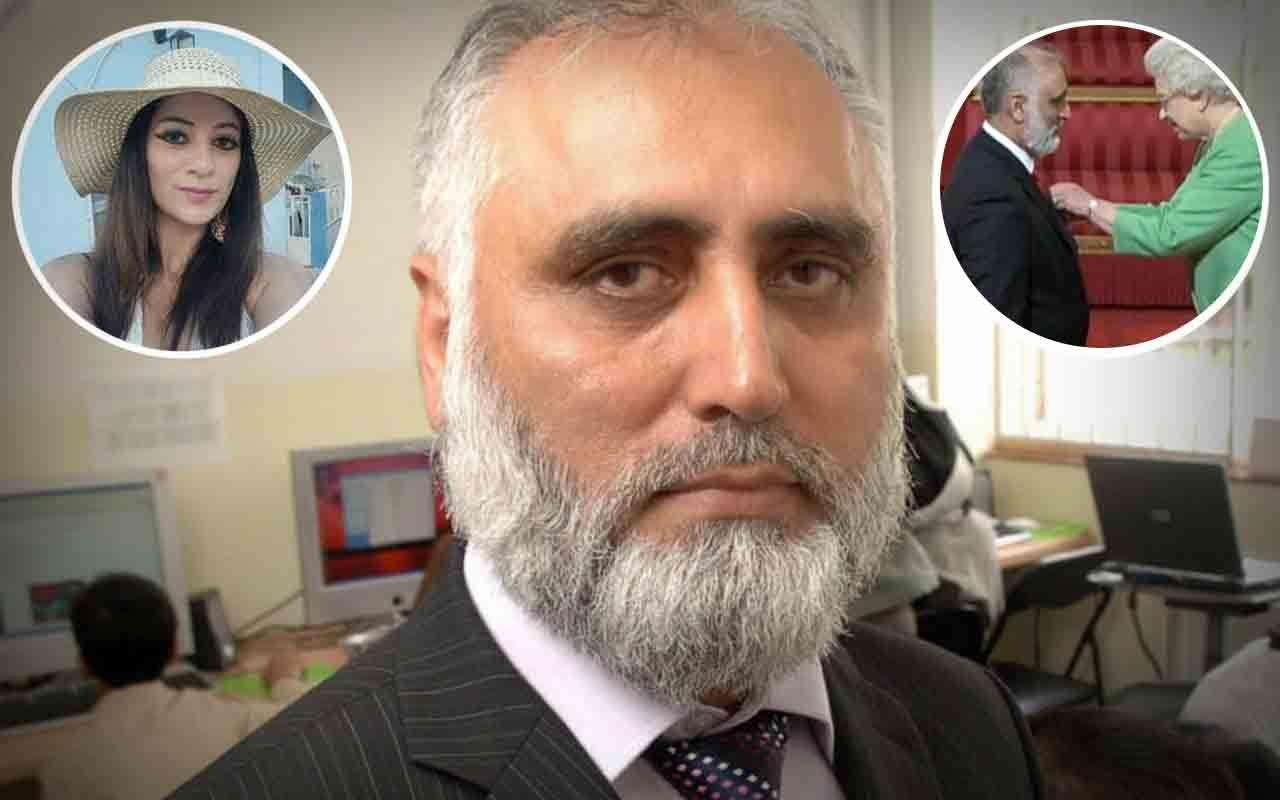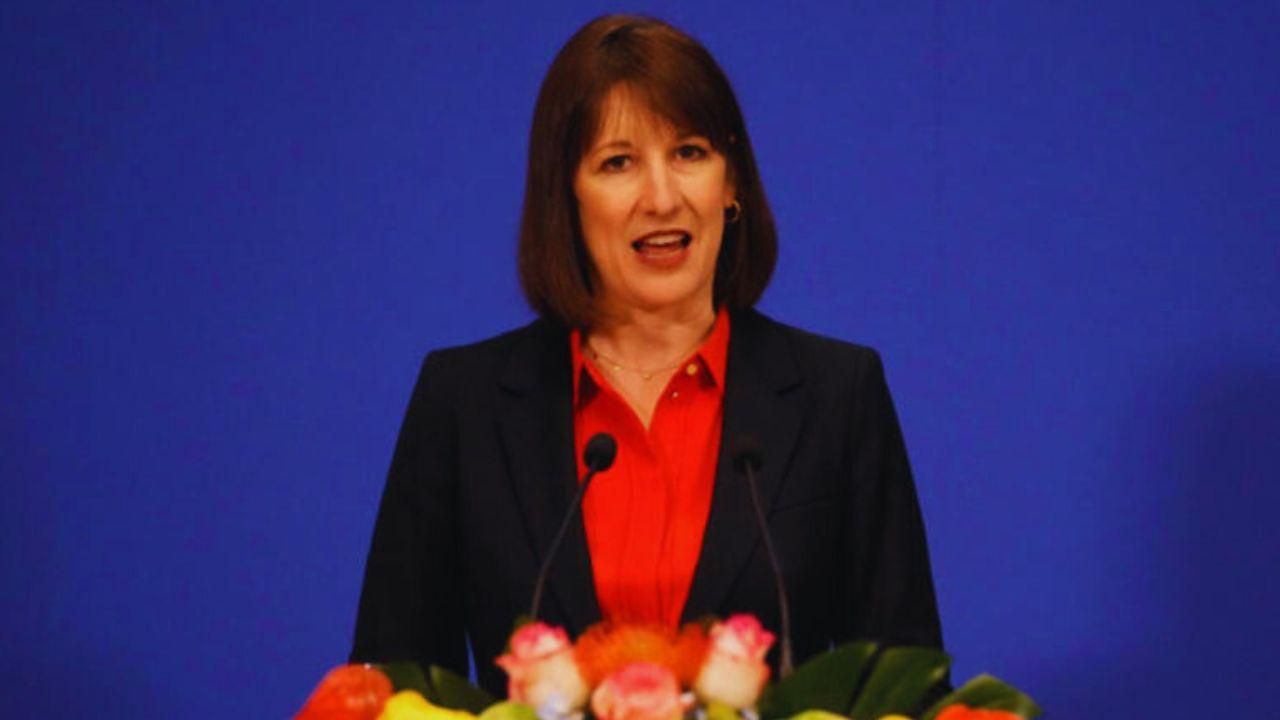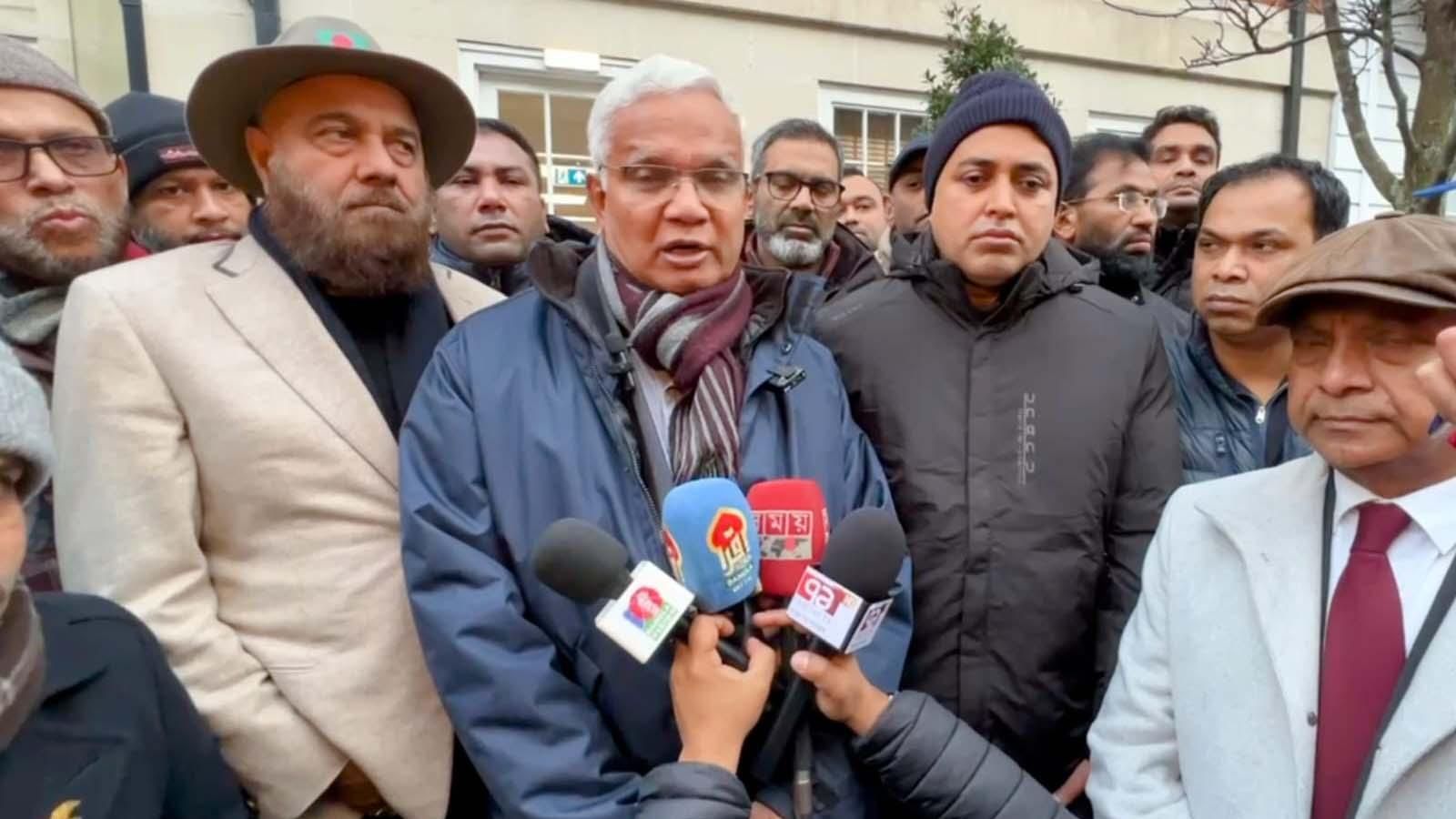Following a decline in the value of the pound, a rise in public borrowing rates, and the revelation of family ties to the overthrown dictatorship in Bangladesh, the future of two British government ministers is in jeopardy.
In charge of the UK's finances, Chancellor Rachel Reeves is under a lot of pressure after Prime Minister Keir Starmer praised her work in the position but did not promise that she would remain in his cabinet.
Tulip Siddiq, a junior anti-corruption minister, is also being pressured to address allegations that she lived in homes owned by her aunt, Sheikh Hasina, the late leader of Bangladesh.
Opposition members have called on Starmer to sack both ministers, claiming their positions are untenable.
Speaking to reporters today, Starmer said he had total confidence in Reeves but declined to say if she would remain in her position for the duration of the government’s term. He conceded that it will take time to turn the economy around.
Reeves faces the prospect of increasing borrowing rates, which will force the Labour government to slash spending or hike taxes to balance the books. Meanwhile, the pound slumped to a 14-month low this morning.
While Starmer was keen stress that the current government will meet its fiscal rules and goals – keeping them from further decreasing the value of the currency – he said his cabinet will be “ruthless” on public spending.
He said it was necessary to make cuts in order to make up the difference left in the public finances by the previous Conservative party government, which spent and borrowed much more than what was publicly known according to Labour.
“We never pretended, nor would anybody sensibly argue, that after 14 years of failure, you can turn around our economy and our public services before Christmas,” Starmer said.
“Before the election, I said it’s not going to be possible to do this in six months. It’s going to take time,” he added.
Tory leader Kemi Badenoch said Reeves was “hanging on by her fingernails”.
She said: “The Prime Minister just refused to back his Chancellor staying in her job. Keir Starmer and Rachel Reeves have driven Britain’s economy into the ground.”
Meanwhile, members of the opposition are also calling for anti-corruption minister Tulip Siddiq to be sacked following details that emerged in The Sunday Times yesterday.
Bangladesh’s anti-corruption commision named Siddiq in a report about the alleged embezzlement of $5 billion (€4.9 billion) by former prime minister Sheikh Hasina’s and her family.
Hasina, Siddiq’s aunt, fled Bangladesh last August after a student-led uprising against her decades-spanning tenure as prime minister. Money laundering investigators there ordered the country’s big banks to hand over details of transactions relating to Siddiq.
Siddiq is an MP for a north London seat who is part of the finance ministry and responsible for the UK’s financial services sector as well as anti-corruption measures.
Over the weekend, a Sunday Times investigation revealed details about the claims that Siddiq spent years living in a London flat bought by an offshore company connected to two Bangladeshi businessmen.
The flat was eventually transferred as a gift to a Bangladeshi barrister with links to Hasina, her family and her ousted government, according to the newspaper.
It also reported Siddiq and her family were given or used several other London properties bought by members or associates of the Awami League party, Hasina’s ruthless, and now ousted, party.
Bangladesh’s interim leader, Muhammad Yunus, a Nobel Prize-winning microfinance pioneer who heads a caretaker government, demanded a detailed probe in light of the allegations.
He told the newspaper the properties could be linked to wider corruption claims against Hasina’s toppled government, which he said amounted to the “plain robbery” of billions of dollars from Bangladesh’s coffers.








.svg)


